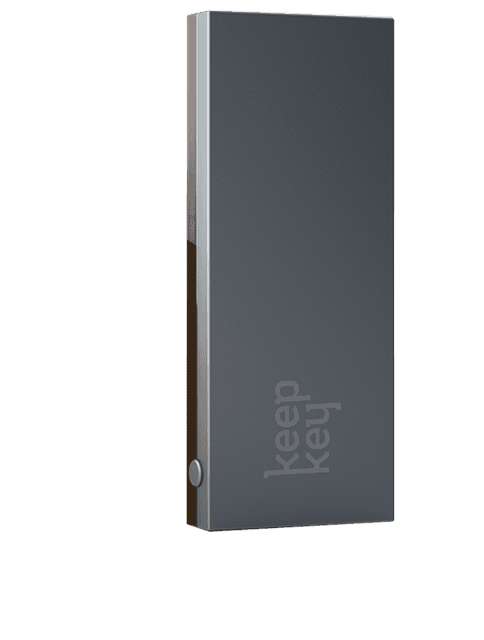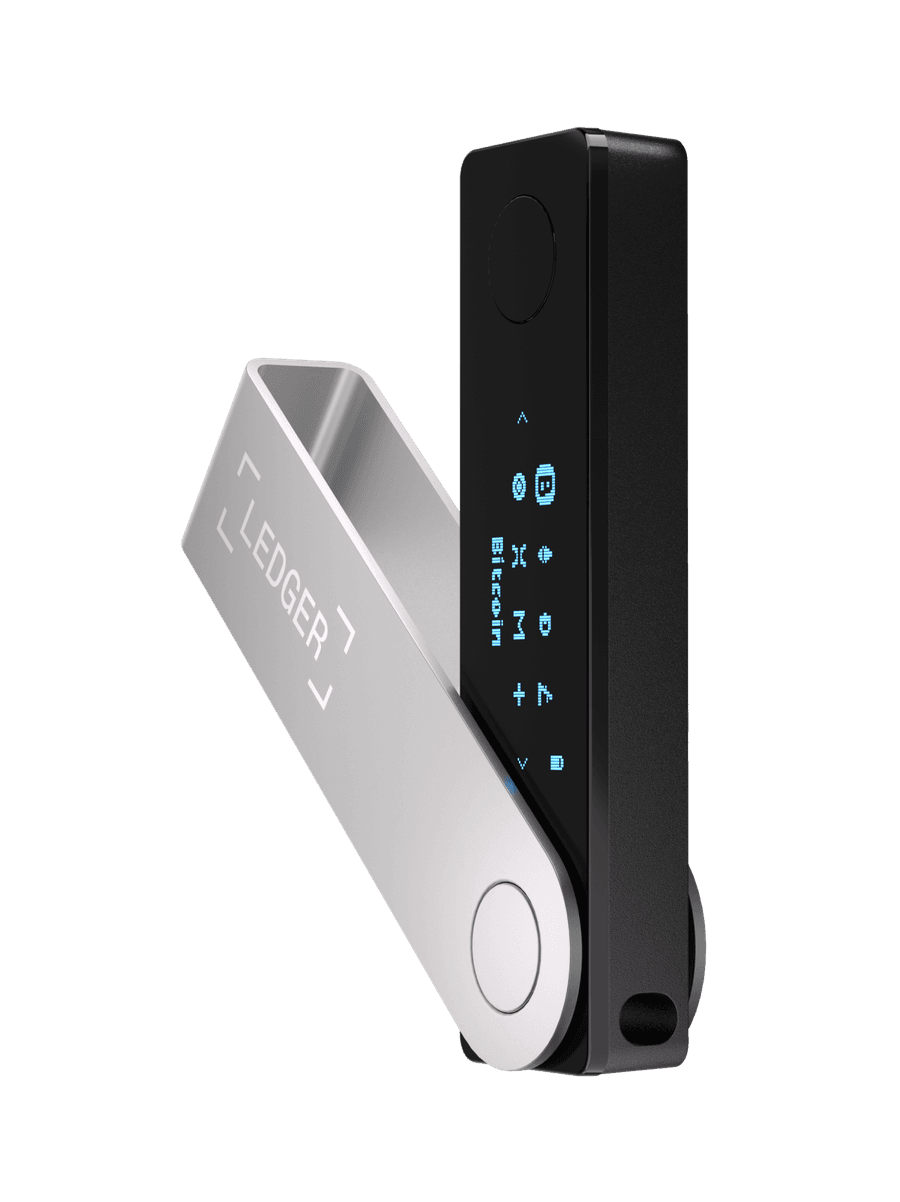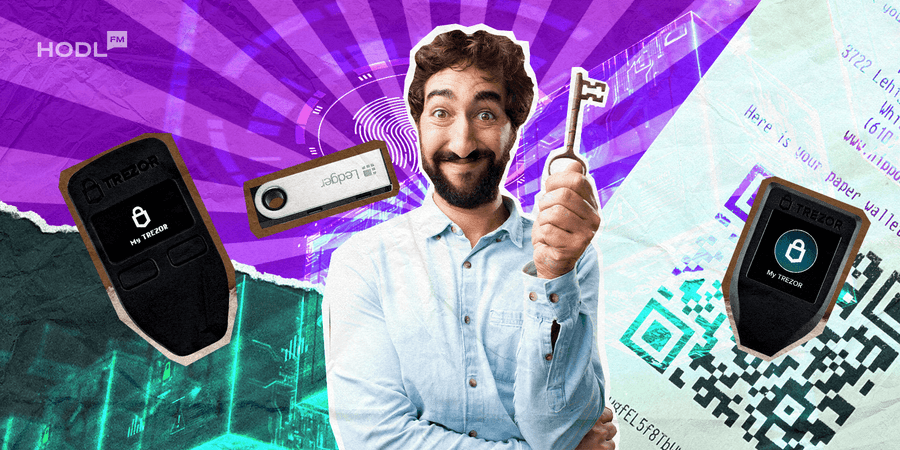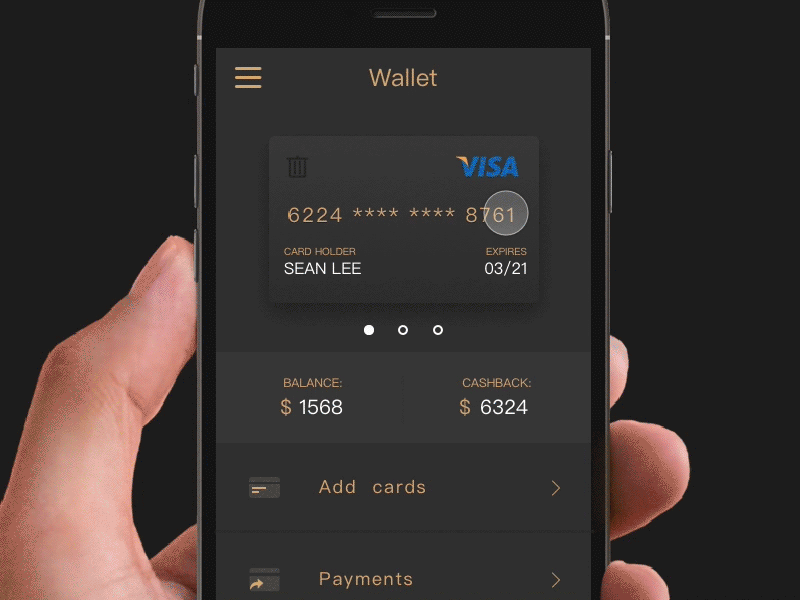So, you’ve decided to jump on the cryptocurrency ride! Congrats, you thrill-seeker. But wait, before you start riding those wild price swings, you’ll need a safe place to stash your digital loot. To help with this, we’ll go through some of the most common cryptocurrency wallets below.
Types of Cryptocurrency Wallets
Here are the types of cryptocurrency wallets available to crypto holders:
Cold Wallets
A cold wallet is a cryptocurrency storage that stays offline and doesn’t communicate with smart contracts. Since they are not internet-connected, cold wallets are invulnerable to online dangers like malware and spyware. This shields these accounts from fraudulent approvals and isolates them from smart contracts.

Related:
To put it briefly, they are only for transferring and receiving assets. Due to its high-security features, a cold wallet is ideal for the long-term storage of valuable cryptocurrency holdings. Here are the types of cold wallets available:
Hardware Wallets
A hardware wallet is basically a device that holds your private keys. It gives investors the same functionality to sign transactions and communicate with the blockchain as other cryptocurrency wallets. Most hardware wallets are capable of operating on multiple blockchains. This enables a user to manage different cryptocurrencies from various exchanges on a single device. Examples of hardware wallets include Cypherock, Trezor Model T, Ledger Nano X, BC Vault, and ELLIPAL Titan.

Paper Wallets
Paper wallets are a kind of cold storage since they don’t use the internet (offline storage). The public and private keys are printed out on paper, and some could also have an app-created scannable barcode. Once these are printed, they are deleted from the network, leaving only the token behind. So, since the keys are not available online, there is no way the wallet can be hacked or the crypto stolen.

Hot Wallets
Hot wallets, also known as software wallets, are crypto storage services that enable you to send, receive, and store tokens online. These wallets connect with the private and public keys to aid in transaction processing and serve as security precautions. Keep in mind that hot wallets are often more susceptible to theft and hacking than cold storage since they are online. Examples of hot storage include exchange wallets like Exodus Wallet, MetaMask, Trust Wallet, and Coinbase Wallet. These storages may come in any of the following three different forms.
Read more: Top Hot Crypto Wallets
Mobile Wallets
Mobile wallets come as installable apps made for smartphones. These applications employ QR codes for transactions; therefore, they are quite easy to use. While they work well for regular transactions, mobile wallets must be encrypted since they are susceptible to virus attack.
Deskstop Wallets
Desktop wallets are good storage options for cryptocurrencies. They provide privacy and anonymity, are simple to use, and don’t involve third parties. Despite all these, desktop wallets are often at risk of hacking, therefore, it’s important to have antivirus software installed on your PC.

Web Wallets
As the name implies, these web wallets are accessible via browsers. They offer quick transactions and are perfect for small investments. Since these wallets store the private keys on the web, they are vulnerable to DDOS attacks.
Security Considerations in Cryptocurrency Storage
Here are a few security considerations to factor in when choosing cryptocurrency storage:
For Cold Wallet
Aside from being invulnerable to online hacks, there are other security options when using cold wallets, which include:
- Ensuring your private keys are entirely under your control, providing you with freedom from other platforms or exchanges.
- Reducing the amount of personal information connected to your assets. By doing this, you can improve privacy and reduce the possibility of unwanted disclosure or security breaches on custodial platforms.
For Hot Wallet
Hot wallets offer some security options to safeguard their users’ assets, including:
- Recovery phrases, which enable you to get back your lost login details.
- Back-up option, allowing you to gain access to your wallet on another device in case your device gets stolen.
Best Practices for Storing Cryptocurrency
Here are a few practices for storing your cryptocurrencies safely:
- For further login security encryption, enable Two-factor authentication (2FA)
- Make use of password managers and create strong, one-of-a-kind passwords.
- To lower risk, spread your digital wallets among several wallets.
- Only use hardware wallets from authorized or reliable sources.
- To minimize single points of failure, use multi-signature wallets for shared accounts.
Recovery and Backup Strategies for Cryptocurrency Wallets
Most crypto wallets offer a backup and recovery option, where you can get access to your storage in case of an emergency. To do this, here are several strategies to follow:
- Periodically create backups of your wallet data to several secure locations, including encrypted cloud storage or external hard drives, to reduce the risk of theft, fire, or natural catastrophes.
- Ensure the restoration and backup procedures function properly by testing it with a tiny quantity of crypto before you need to recover your whole wallet.
- It’s best to retrieve a wallet in a safe, malware-free environment to avoid any possible compromise.
Emerging Trends and Technologies in Cryptocurrency Storage
With new technologies always coming out, it’s no surprise there are some in crypto storage. In the section below, we’ll go over some of these trends.
Support for a Large Number of Assets
With a growing variety of tokens, cryptocurrencies, and digital assets, crypto portfolios are getting more and more varied. Wallets are adjusting to this by providing support for several assets. The ability to store several digital currencies in one wallet simplifies the procedure for users managing their cryptocurrency holdings.
Related: Network Effect: How it Impacts the Crypto Adoption
Biometric Authentication
Biometric identification is becoming more popular as a means of improving security, especially in crypto. This covers iris scans as well as face and fingerprint recognition. It’s now much more difficult for unauthorized people to access your digital assets thanks to these cutting-edge security measures, which provide an additional layer of protection.
Integration of Decentralized Finance (DeFi)
The introduction of DeFi has changed everything in the crypto space. Wallets and DeFi platforms are now partnering, giving users easy access to borrowing, lending, and yield farming services. With this integration, taking part in DeFi is simpler and you can have a more complete cryptocurrency experience all within one wallet.
More Info:
- Cheat Sheet for a REAL Crypto Criminal: Your Guide to Crypto Crime Terminology
- XRPL’s fixReducedOffersV1 Upgrade: Enhancing XRPL Functionality
Conclusion: Importance of Secure Cryptocurrency Storage
A user’s needs will determine the type of wallet to store their cryptocurrency in. Security and usability can be effectively balanced using a combination of hot and cold wallets. To reduce the likelihood of a mistake, keep in mind to make backups of your wallets and familiarize yourself with their recovery process.
Disclaimer: All materials on this site are for informational purposes only. None of the material should be interpreted as investment advice. Please note that despite the nature of much of the material created and hosted on this website, HODL FM is not a financial reference resource and the opinions of authors and other contributors are their own and should not be taken as financial advice. If you require advice of this sort, HODL FM strongly recommends contacting a qualified industry professional.









